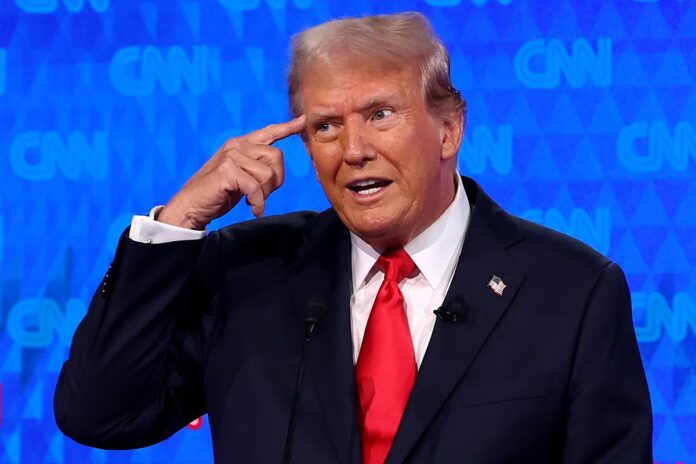Key Falsehoods or Claims: The main falsehood in this article is that Trump’s tariffs are an attempt to seek payback for perceived wrongs against the United States, rather than a strategic economic move. The article argues that this is a lie, and that in reality, Trump’s tariffs are abandoning the principles that made America wealthy.
Source: USA Today is a mainstream, neutral outlet. However, this opinion piece may have a slight bias against Trump’s tariff strategies.
Analysis of Falsehoods’ Impact on Public Opinion and Threat to Democracy: Trump’s repeated claims about tariffs and trade wars being a form of payback have shaped public opinion by fostering a sense of nationalism and protectionism. This narrative has been effective in gaining support from certain segments of the population who believe in the idea of “America first.” However, this article argues that such falsehoods pose a threat to democracy by misleading the public about the true economic consequences of these policies.
Hypothetical Reaction: If Trump’s narrative about payback gained traction, it could potentially result in increased public support for his tariff strategies. This could, in turn, affect voter behavior by influencing their perceptions of Trump’s effectiveness in protecting American interests.
Recommended Further Reading: For further reading on the topic of media influence and misinformation studies, reputable sources include academic journals and research papers on the psychology of misinformation, as well as analyses by credible media watchdog organizations such as Media Matters for America. Additionally, reading books by experts in the field, such as “The Misinformation Age: How False Beliefs Spread” by Cailin O’Connor and James Owen Weatherall, can provide valuable insights into the impact of falsehoods on public opinion and democracy.
Source link
Redirect URL
